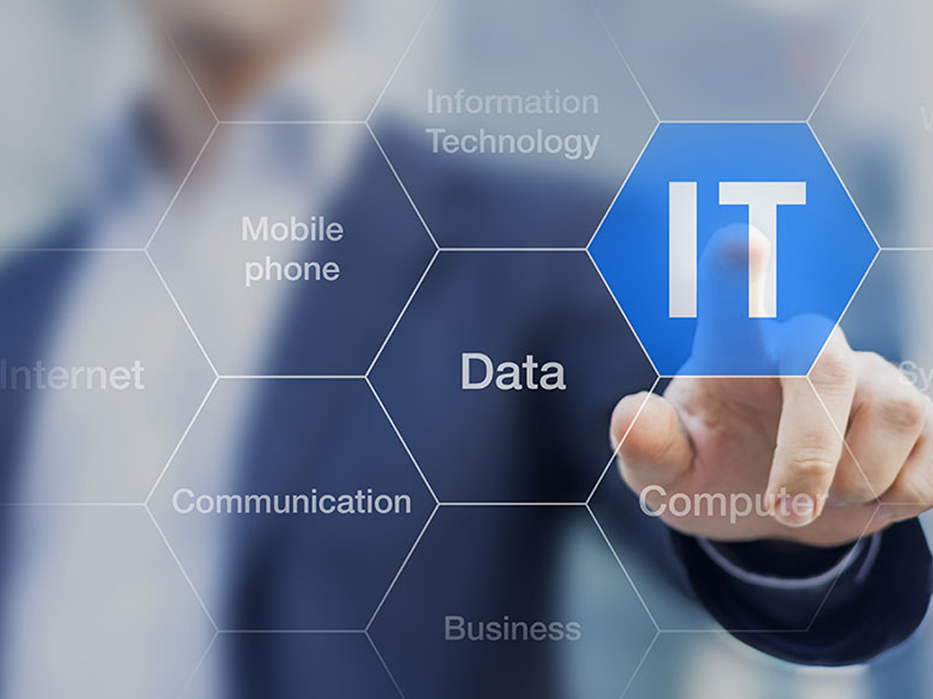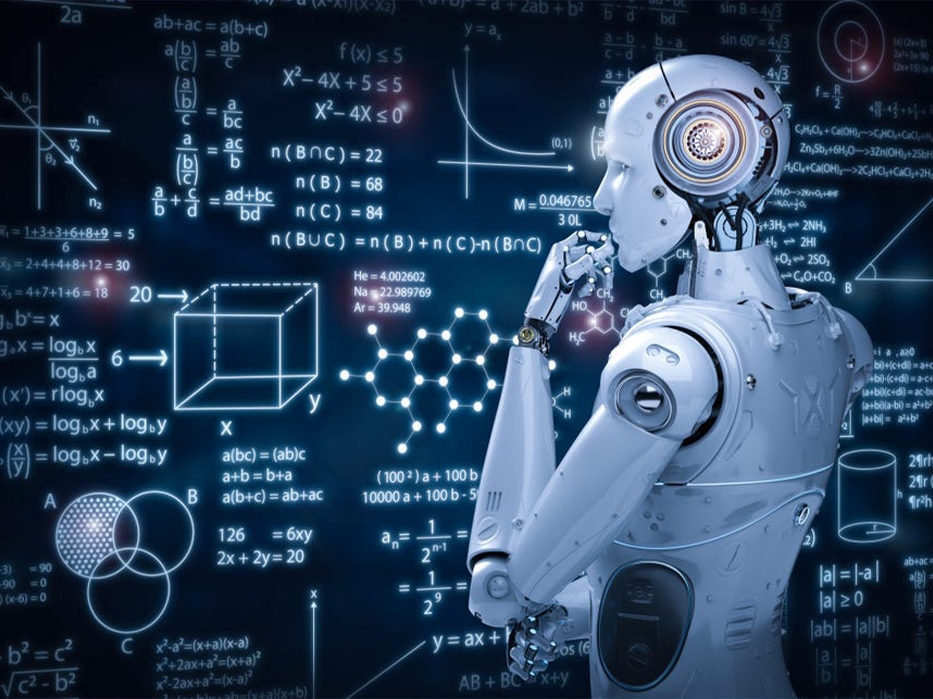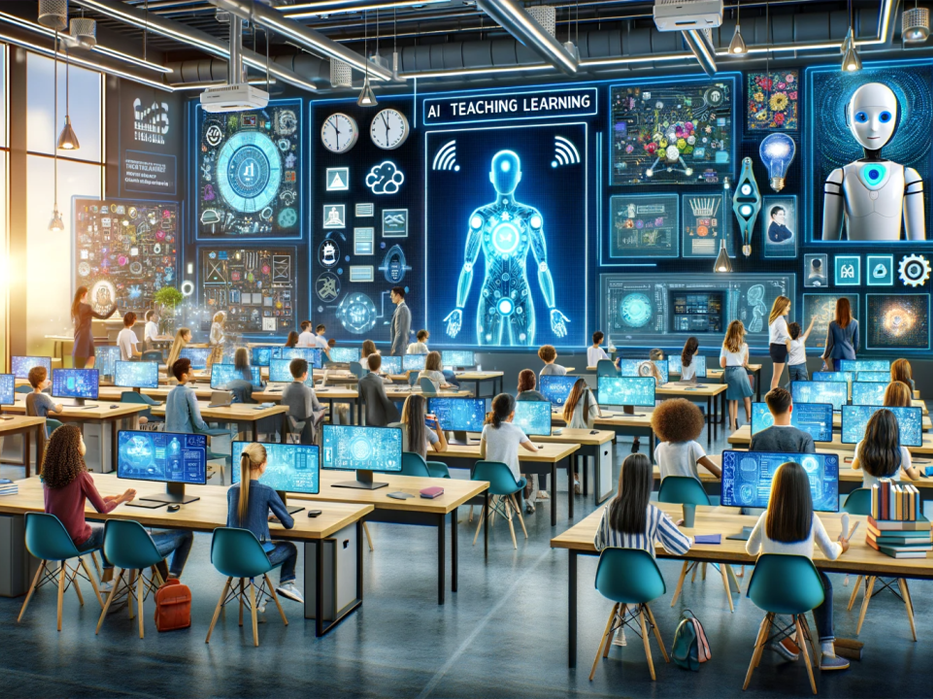What is IT?
Information Technology, commonly known as IT, is a broad field encompassing the use of computers, software, networks, and other electronic devices to manage and process information. IT is integral to modern business operations, personal communication, and the overall functioning of society. It includes a variety of disciplines and roles, such as network administration, software development, data management, cybersecurity, and technical support.
Key Components of IT:
- Hardware: Physical devices like computers, servers, routers, and storage devices that form the backbone of IT infrastructure.
- Software: Programs and applications that run on hardware, enabling users to perform specific tasks. This ranges from operating systems like Windows and Linux to productivity software like Microsoft Office and specialized applications like Adobe Photoshop.
- Networks: Systems that connect multiple computers and devices, allowing them to communicate and share resources. This includes the internet, local area networks (LANs), and wide area networks (WANs).
- Data: The raw information that is processed and analyzed to generate insights. Data management involves storing, organizing, and maintaining data to ensure its accessibility and security.
- Cybersecurity: Measures and practices designed to protect IT systems and data from unauthorized access, attacks, and breaches. This includes firewalls, encryption, and antivirus software.
Applications of IT:
- Business: IT systems streamline operations, enhance productivity, and enable data-driven decision-making. Enterprise Resource Planning (ERP) systems, Customer Relationship Management (CRM) software, and e-commerce platforms are examples of IT in business.
- Healthcare: IT improves patient care through Electronic Health Records (EHRs), telemedicine, and medical imaging technologies.
- Education: IT supports e-learning platforms, virtual classrooms, and educational software that enhance teaching and learning experiences.
- Government: IT enables efficient public administration through e-governance services, digital record-keeping, and online citizen services.
The Role of IT Professionals:
IT professionals design, implement, and maintain the technology systems that organizations rely on. Their roles vary widely, including:
- Network Administrators: Manage and maintain network infrastructure.
- Software Developers: Create and maintain software applications.
- Data Analysts: Interpret complex data to help organizations make informed decisions.
- Cybersecurity Specialists: Protect systems and data from cyber threats.
Conclusion:
Information Technology is a dynamic and ever-evolving field that touches nearly every aspect of modern life. From facilitating global communication to driving business innovation, IT is essential to the functioning and advancement of today’s digital world. As technology continues to advance, the role of IT will only grow in importance, offering endless possibilities for innovation and improvement across all sectors.





